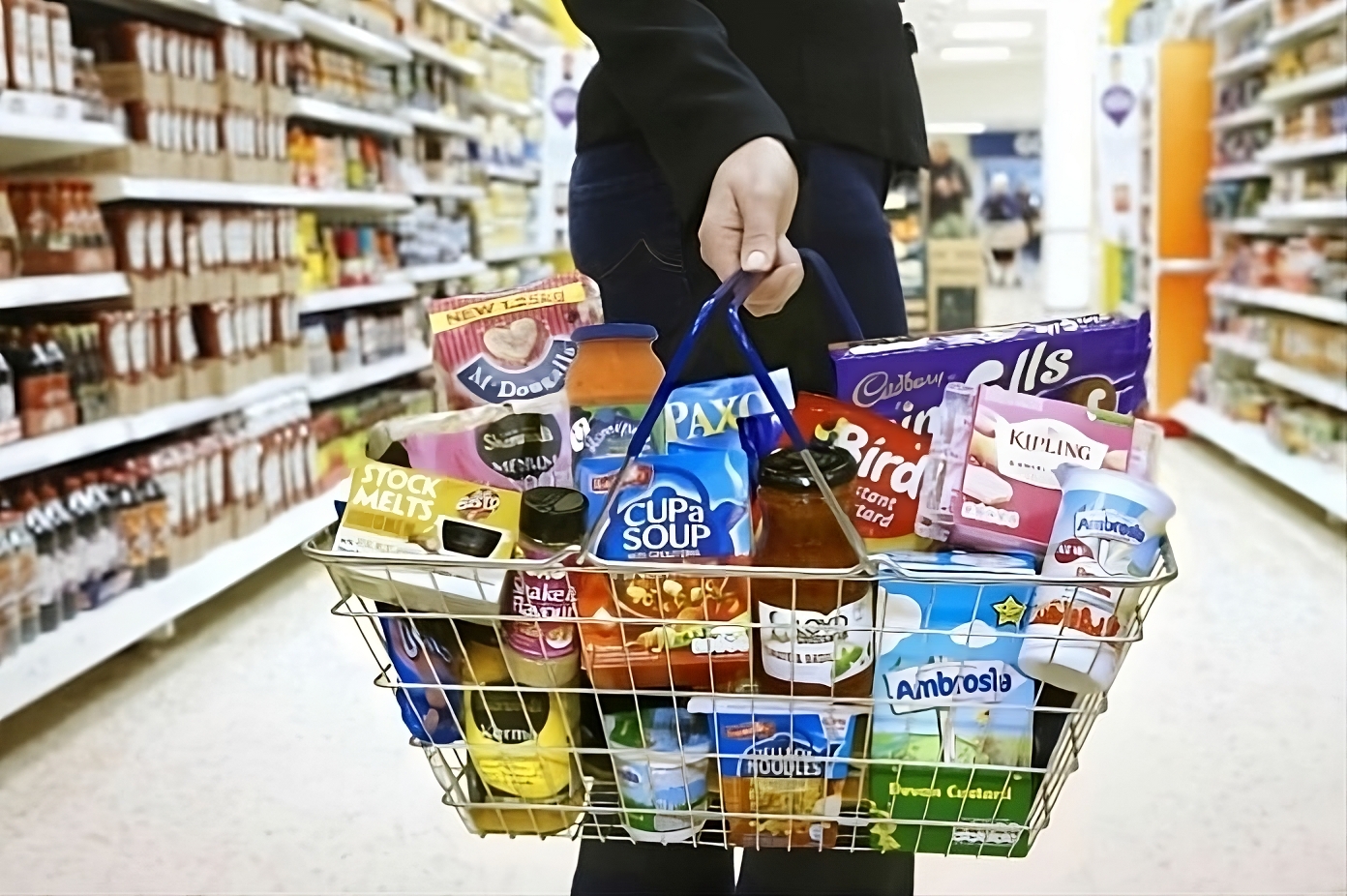A recent survey highlighted that British consumers have a low understanding of language used by companies to communicate their sustainability measures.
The communication agency Fleet Street and the insights company Trajectory conducted a survey on a nationally representative sample of 1000 UK adults. The research, mentioned by The Guardian, analysed the language used by companies to explain their climate change initiatives and started from the assumption that consumers often poorly understand even the most common terms.
Initially, the study sets out a general context, in which 90% of the respondent said it is important that companies communicate their sustainability initiatives, and 68% claimed they are more likely to buy a product from a company that publicizes its sustainability measures. Moreover, 47% of those questioned underlined that companies have the most responsibility, compared to government and individuals, to behave more sustainably. Given a context in which people are interested about communications on sustainability, do people really understand companies’ messages?
The first question asked consumers which terms have they heard of in relation to companies’ attempts to be environmental friendly. According to the responses, many consumers (respectively 80%, 74% and 72%) have heard the word “recyclable”, “environmentally friendly” and “sustainable” in connection to these attempts. On the other side, only 28% and 15% of customers clearly connect “traceability” and “circular economy” to companies’ initiatives. Asked about their level of comprehension of these terms, consumers gave noticeable answer. Around 55% of those interviewed completely understand the meaning of “recyclable”, and 35% of them comprehend the words “environmental friendly”, while only a quarter of the respondents is able to describe what “sustainable” meant, the same percentage for the term “green”. Remarkably, only 4,5 % of consumers completely understand the meaning of “circular economy”.
Consumers’ poor understanding of environmental language has consequences in other spheres of the society. In October 2023, England banned the use of single-use plates and cutlery in a bid to reduce plastic waste and pollution. However, Fleet Street survey underlines that only 47% of those interviewed completely comprehend the meaning of ‘single-use plastics’ -plastic items that are used once and then thrown away-. According to this number, government policies to reduce waste risk to be ineffective because citizens are often unable to understand what to do to reduce waste.
Mark Stretton, founder of Fleet Street, thinks that companies should improve their communication in order to convey their sustainability measures. Stretton remarked,
“Work needs to be done to engage consumers, starting with the language used, as much of it doesn’t appear to mean much to them… the more consumers understand, the more likely they are to positively engage with, and respond to what is clearly an enormous, generational issue”
Communication is a key tool to deliver environmental transition and improve sustainability in many areas of our society, not only for business purposes. This research on UK consumers is a reminder that work should be done to improve citizens’ understanding of climate language.

